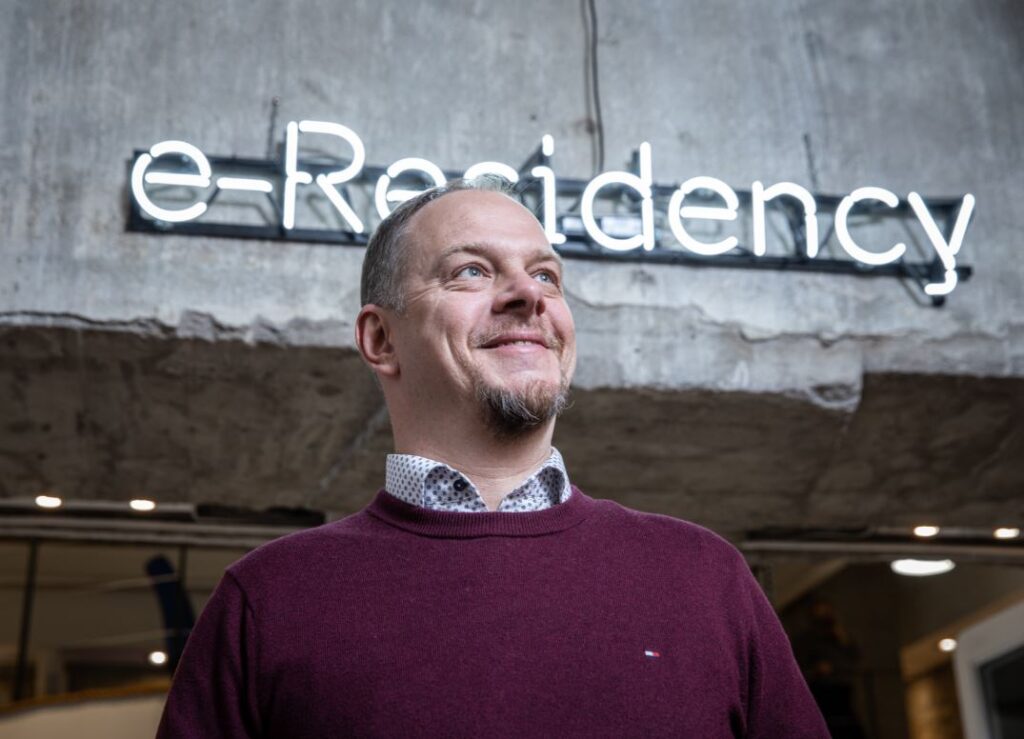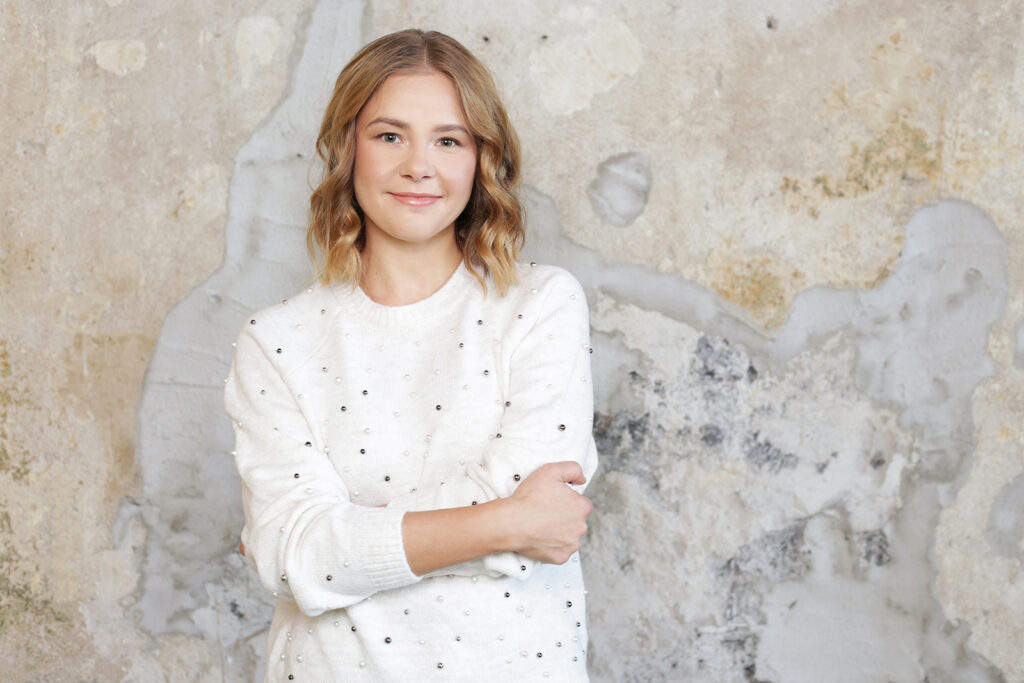Estonia got over 12,000 new e-residents in 2021, which is almost equal to the number of babies born in Estonia the same year; in total, the country now has almost 90,000 e-residents from 177 countries.
The majority of newcomers are from Russia, Spain and Germany, the e-residency programme said in a statement.
Seven years ago, in December 2014, when Estonia launched its e-residency programme, it was the first of its kind. According to Lauri Haav, the managing director of programme, e-resident status gives access to Estonia’s public e-services ecosystem, “enabling global entrepreneurs overcome obstacles to cross-border commerce and adapt to the ever-changing business environment”.

Haav said the coronavirus pandemic had spurred on the “unprecedented momentum” for the transition to teleworking and e-residency is “well-suited to empower” all interested parties. The programme is also an opportunity for freelancers and digital nomads, he added.
Minimal bureaucracy
“As an e-resident, I was able to set up an Estonian company in just a few hours, with all the necessary paperwork processed smoothly and very quickly,” Tim Schnöckelborg, a German entrepreneur, said. Schnöckelborg, who now lives in Tallinn, together with relocating his whole business to Estonia, noted that e-residency was attractive not only for EU citizens but also for people from other parts of the world.
Another e-resident, a Ukrainian start-up founder Natalia Storozhuk, added that the Estonian digital society is best characterised by minimal bureaucracy and boundless opportunities. “The freedom and flexibility provided by e-residency is an invaluable asset,” she said.

The Estonian e-residency programme was launched in December 2014 with the aim of providing foreign nationals secure access to digital services offered within the Estonian e-governance ecosystem. To date, Estonia has welcomed nearly 90,000 e-residents who have established around 20,000 new companies.
In addition to the indirect economic impact, the e-residency programme has generated direct revenue for the Estonian state budget in the amount exceeding €80 million.
Cover: An Estonian e-resident Natalia Storozhuk. Photo by Laura Nestor.

